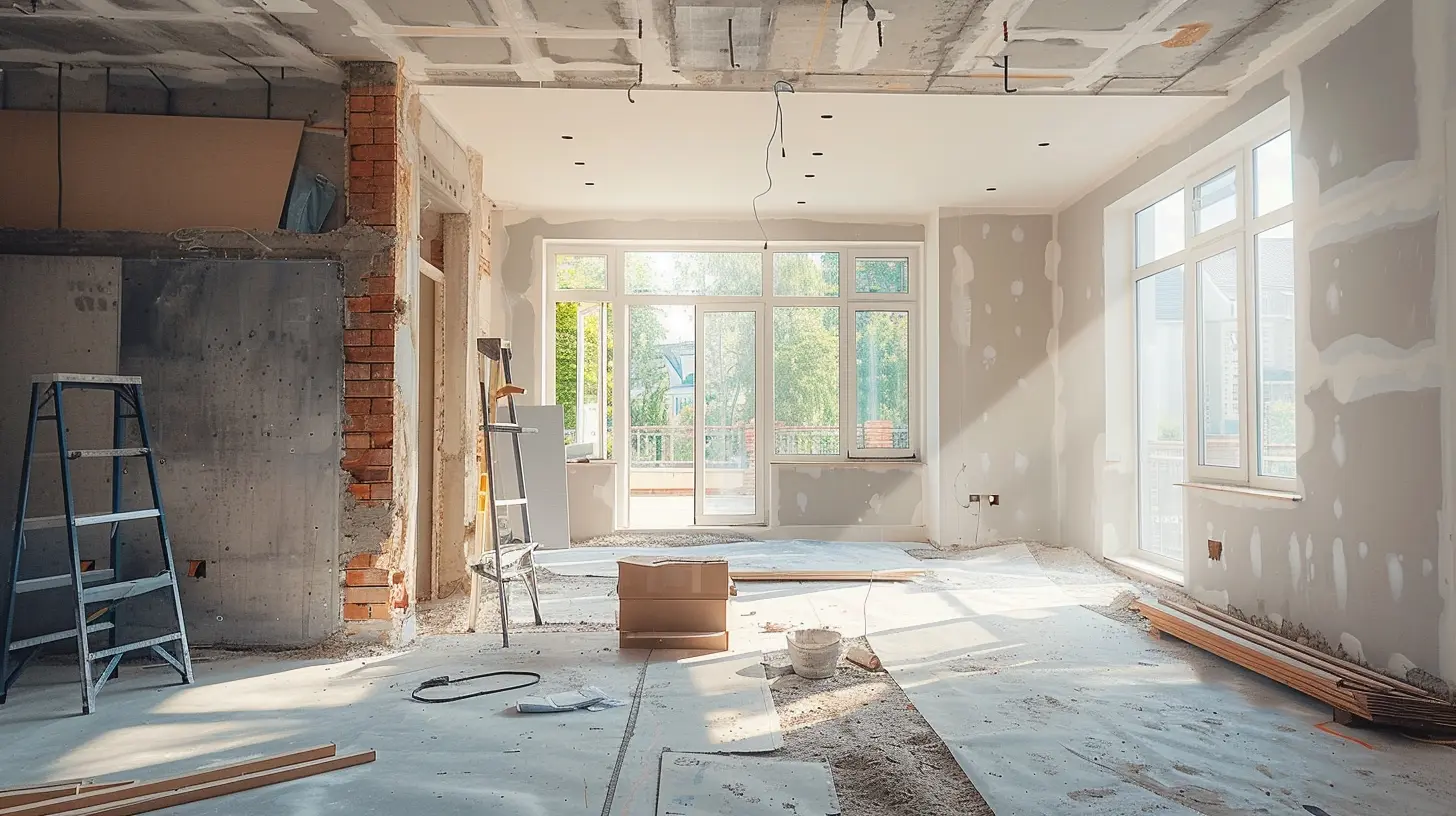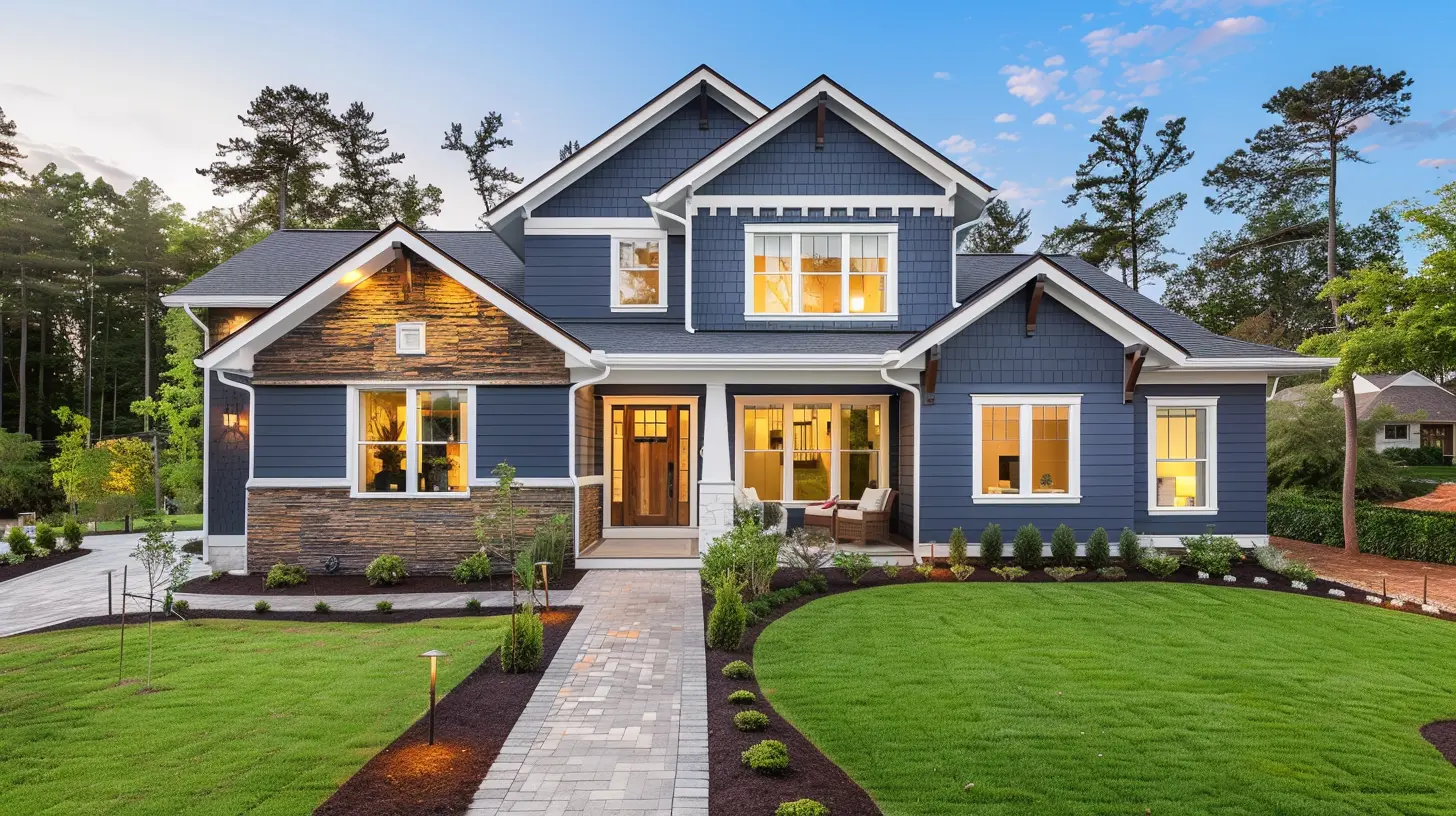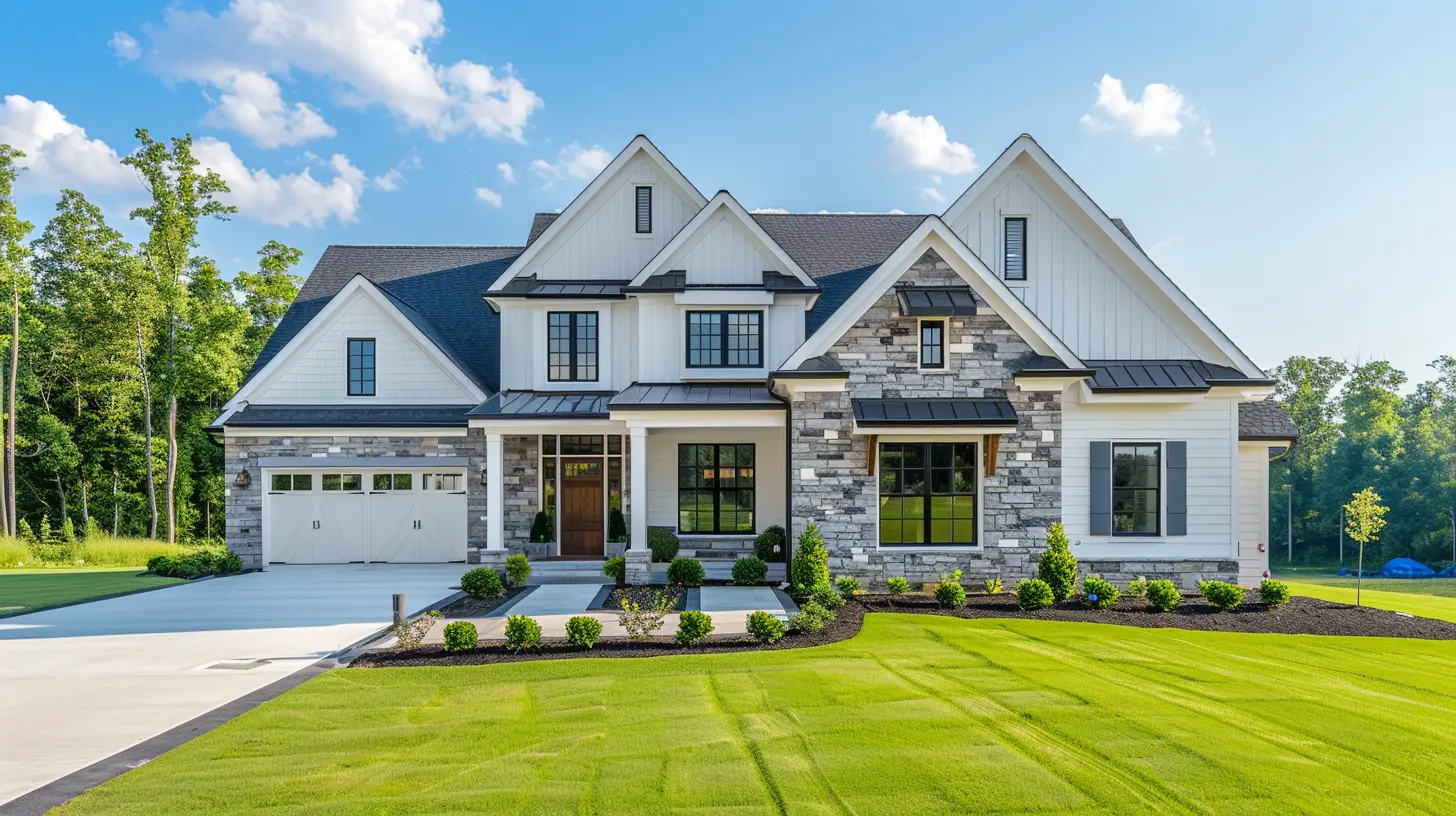The Pros and Cons of Buying a Fixer-Upper
8 July 2025
Thinking about buying a fixer-upper? You’re not alone. Scores of homebuyers are lured in by the charm and potential of those "diamond-in-the-rough" properties. On paper, the idea sounds amazing: grab a deal, roll up your sleeves, add your personal touch, and build instant equity. But—(and there's always a “but”)—the reality can be more complicated and messier than expected.
So, is buying a fixer-upper a savvy shortcut to homeownership or a financial sinkhole? Let's break it all down: the good, the bad, and everything in between.
What Exactly Is a Fixer-Upper?
Before we dive into the pros and cons, let’s first define what we’re talking about. A fixer-upper is a property that’s priced below market value because it needs repairs, renovations, or upgrades. Sometimes it's just cosmetic—think outdated wallpaper or ugly carpeting. Other times, it borders on “bring a hard hat”—we're talking foundation issues, old plumbing, or a roof that’s seen better decades.So how much "fixing" are we talkin’? That depends. But generally, if you're calling a property a fixer-upper, you're anticipating throwing in some elbow grease—or hiring someone else to throw in theirs.
The Pros of Buying a Fixer-Upper
Let’s start on a high note. There’s a lot to love about picking up a home in need of a little TLC.1. Lower Purchase Price
This is the biggie. Fixer-uppers usually come with a smaller price tag than move-in-ready homes in the same neighborhood. That lower upfront cost could mean a smaller mortgage, reduced property taxes, and even room in the budget to make improvements you actually want.Basically, it's your chance to get into a desirable area without breaking the bank.
2. Less Competition from Other Buyers
While everyone's busy chasing glossy turnkey houses, fixer-uppers tend to attract fewer bidders. And you know what that means—there’s a good chance you can negotiate a decent deal. With less competition, there’s less pressure to overbid and no need to waive contingencies that protect your interests.3. Higher Potential for Equity Growth
Here’s where it gets exciting: sweat equity. When you buy low, invest wisely in renovations, and boost the home’s value, you stand to gain significant equity.Let’s say you buy a fixer-upper for $250,000. You spend $50,000 in renovations. The market value jumps to $350,000? That’s $50,000 in equity you’ve essentially built—possibly with your bare hands (or with your contractor's bare hands).
4. Creative Freedom
Have you ever walked into a house and thought, “Ugh, why would anyone choose this tile?” When you’re updating a fixer-upper, you get to make all the calls. From the layout to the finishes, you have the freedom to design a space that reflects your taste.It’s like starting with a blank canvas… only the canvas has cracked drywall and questionable plumbing.
5. Potential for Customization
Beyond aesthetics, you can adapt the home to your lifestyle. Want to knock down a wall? Add a home office? Expand the kitchen? All doable when you’ve got a home that’s already under construction. Try asking to rip out brand-new granite countertops in a move-in-ready home—you’ll just be burning money.6. It Can Be a Fun Project (If You Like That Sort of Thing)
If you enjoy hands-on work, DIY projects, and the thrill of transformation, owning a fixer-upper can be super rewarding. It's not just about owning a home—it’s about creating one, piece by piece.
The Cons of Buying a Fixer-Upper
Now, we have to talk about the other side of the coin. As dreamy as the transformation sounds, fixer-uppers definitely come with their fair share of headaches.1. Unexpected Costs
This one’s a classic tale. You budgeted $20,000 for renovations, but once you started poking around, bam: electrical issues. Dry rot. Asbestos. Plumbing from the ’60s.Suddenly, your $20,000 renovation is a $50,000 ordeal. A fixer-upper has a funny way of revealing ugly secrets once the walls come down. Always budget more than you think you’ll need. Because you’ll probably need it.
2. Time-Consuming Renovations
No matter how efficient you are, renovations take time. A few touch-ups might only take weeks, but major overhauls could drag on for months. And if you’re living in the home during renovations, it can feel like camping indoors—with dust. Everywhere.Be prepared for delays, setbacks, and living out of boxes longer than you expected.
3. Requires Vision—and Patience
Not everyone can walk into a dated or damaged space and imagine its potential. You’ve got to have vision, creativity, and a serious dose of patience. Progress can be slow, and the “in-between” stages might have you questioning your life choices.It's like baking a cake but only having the batter spread all over your kitchen counters for three weeks.
4. Financing Can Be Tricky
Traditional lenders are sometimes hesitant to finance fixer-uppers, especially if the home is in poor condition. You might need a special renovation loan, like an FHA 203(k) or a Fannie Mae HomeStyle loan, both of which come with additional paperwork and conditions.And remember: the bank will want to know how much the finished home will be worth. If your plans don’t quite impress them, your loan amount might fall short.
5. Could Be a Money Pit
Worst case scenario? You keep pouring money into repairs, only to realize you’ll never fully recoup your investment. Structural issues, code violations, or neighborhood declines can all impact your return.If you're not careful, what started as a dream project could turn into a money-eating monster with no finish line in sight.
6. Stress, Stress, and More Stress
Dealing with contractors, delays, budget overruns, city permits—it’s enough to make your head spin. Add in the potential for living in a construction zone, and stress can quickly take center stage.Even seasoned renovators admit that fixer-uppers can take a toll on mental health and relationships. Tools don’t argue back, but partners and contractors sure do.
Questions to Ask Before Jumping In
Buying a fixer-upper is not a decision to take lightly. Ask yourself:- Do I have enough financial cushion for unexpected costs?
- Am I handy, or will I need to hire out most of the work?
- How long can I realistically wait before moving in?
- Does the home's location support its future value?
- Can I handle the stress and mess that comes with renovations?
Be brutally honest with your answers—your sanity depends on it.
Tips for Buying a Fixer-Upper Wisely
If you're seriously considering buying a fixer-upper, here are a few pro tips:- Hire a trusted home inspector. Don’t skip this step. They can identify red flags before you commit.
- Get multiple renovation estimates. One contractor’s quote isn’t gospel. Shop around.
- Research renovation loans. A good financing plan can make or break your project.
- Know your limits. If you’ve never held a paintbrush, don’t expect to tile a bathroom solo.
- Plan for the future. Don't just fix what’s broken; consider upgrades that boost value long-term.
Who Should (and Shouldn’t) Buy a Fixer-Upper?
Fixer-uppers aren’t for everyone. So who are the ideal candidates?Perfect Match:
- DIY enthusiasts with real skills- Buyers with vision, patience, and flexible timelines
- Investors looking to flip or rent the property
- Homebuyers wanting to get into a pricey neighborhood affordably
Maybe Not:
- First-time buyers with tight budgets and limited experience- People who need to move in right away
- Buyers who hate surprises (there will be many)
- Anyone allergic to stress (figuratively, of course)
Final Thoughts
Fixer-uppers come packed with potential—but they also come with risks. If you love the idea of a project and have the patience, budget, and vision to pull it off, you could end up with the home of your dreams (plus a healthy chunk of equity). But if you're looking for simplicity and stability, you might want to steer toward something turnkey.Buy smart. Plan better. And always expect the unexpected—because when it comes to fixer-uppers, surprises come standard.
all images in this post were generated using AI tools
Category:
Residential Real EstateAuthor:

Lydia Hodge
Discussion
rate this article
2 comments
Tracie Sharp
Buying a fixer-upper: where your dreams of DIY glory meet reality’s love for surprise plumbing disasters!
October 30, 2025 at 1:29 PM

Lydia Hodge
Absolutely! It's a wild ride where ambition meets the unpredictable—just remember to budget for those unexpected surprises!
Georgia Kim
Buying a fixer-upper can be rewarding, but consider your time and budget carefully first.
July 14, 2025 at 10:24 AM

Lydia Hodge
Absolutely, weighing your time and budget is crucial when taking on a fixer-upper. It's a rewarding challenge, but preparation is key!


